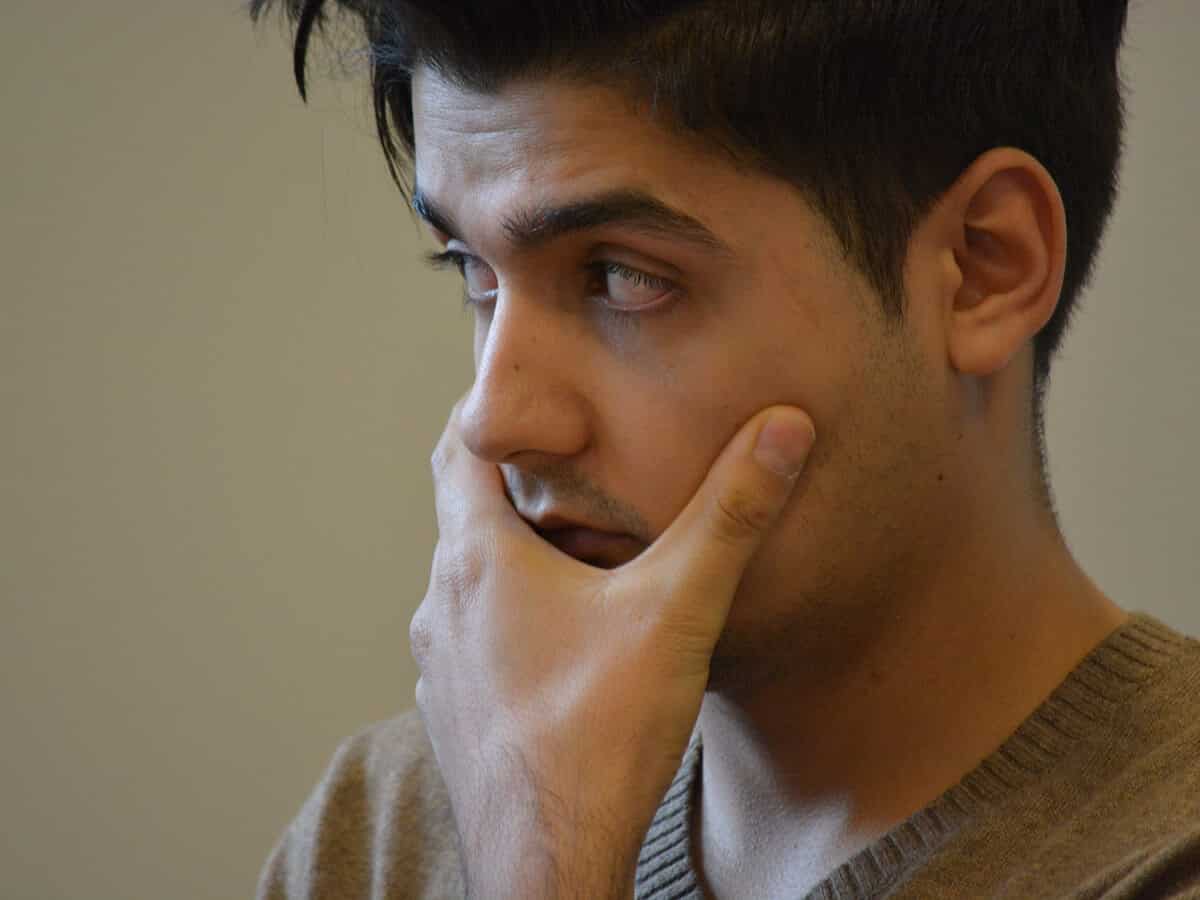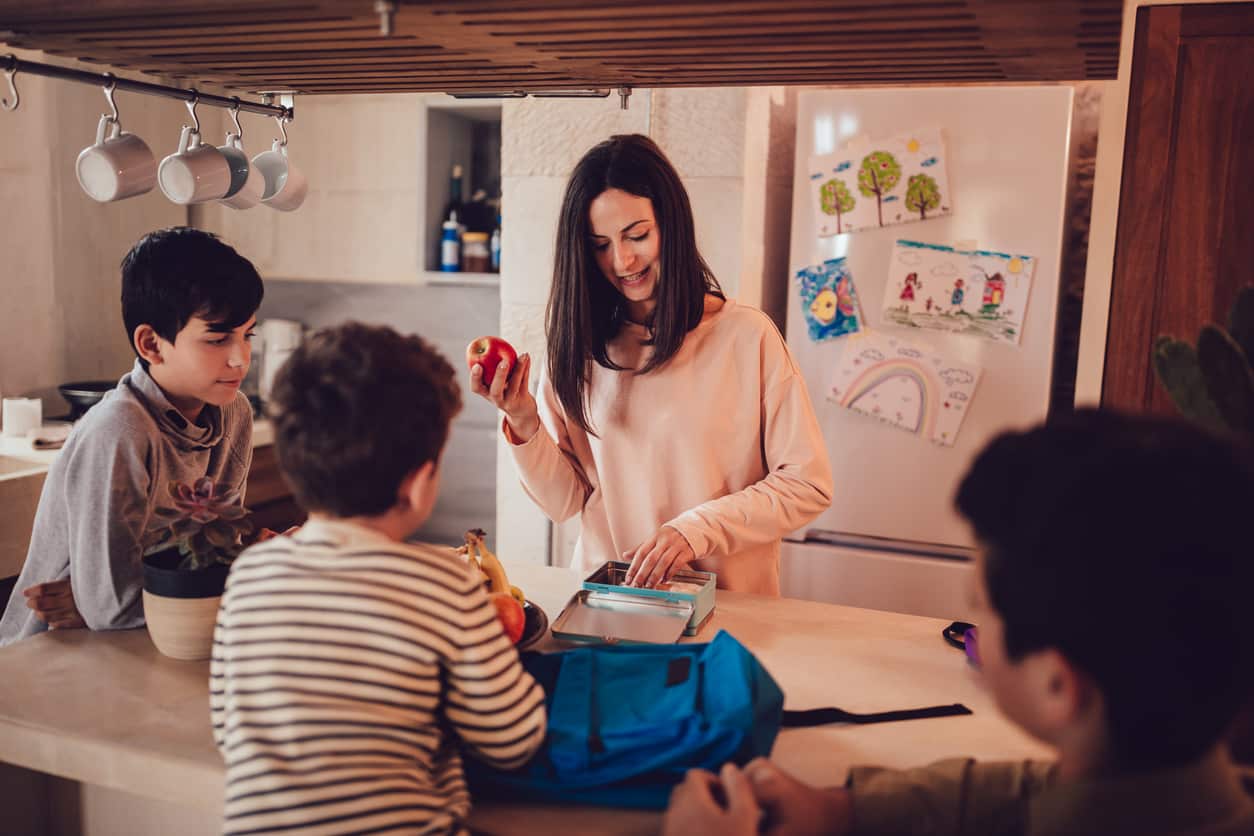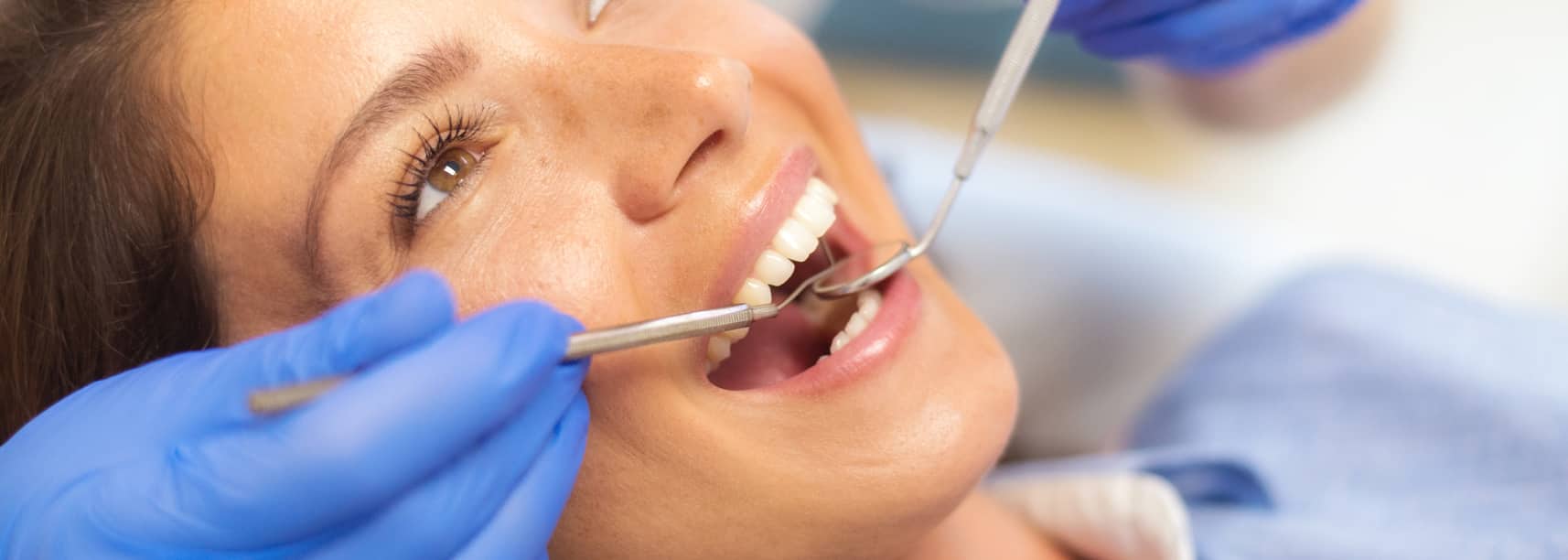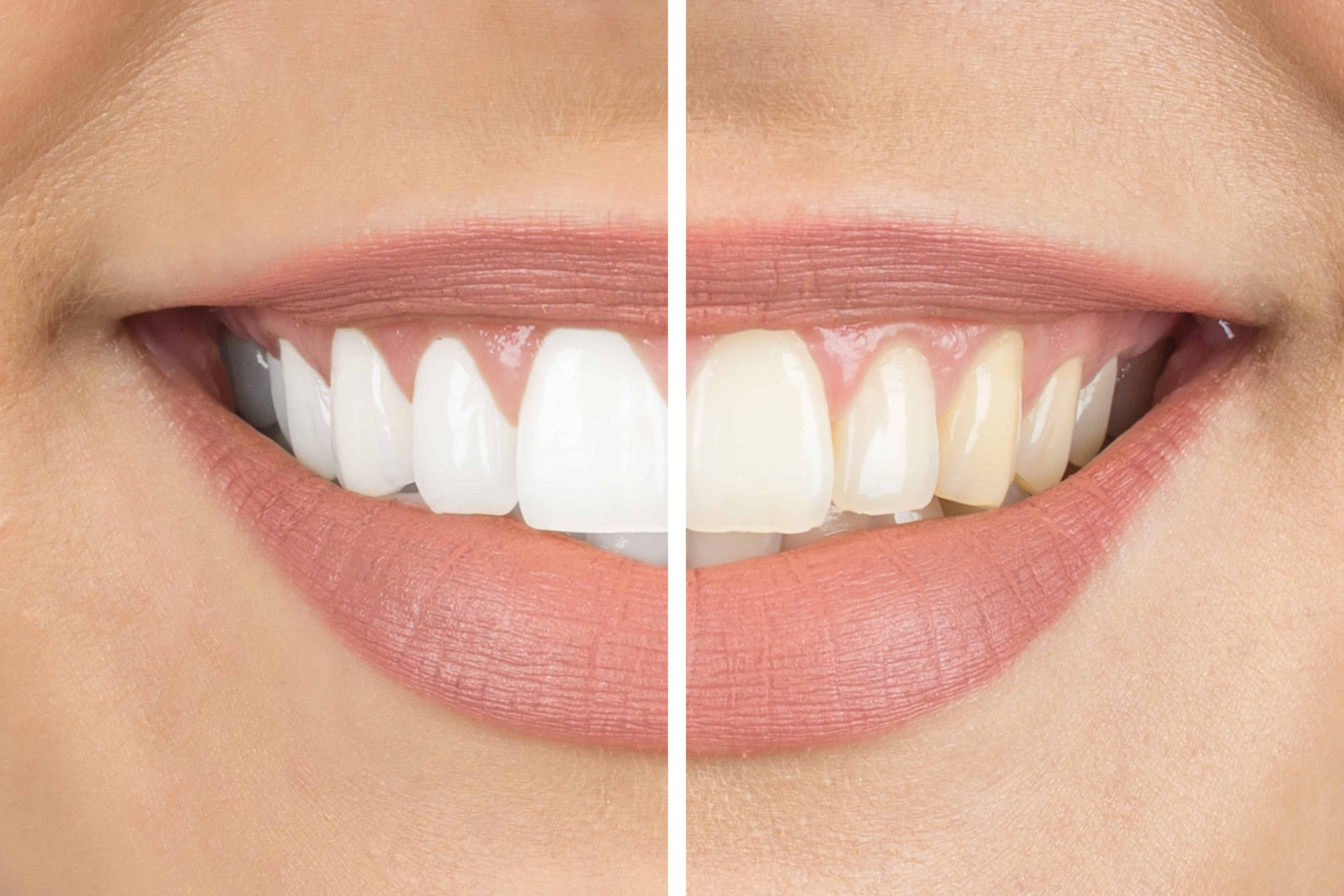Good oral health is fundamental at any age. Though your children’s teeth will certainly change a variety of times throughout the years, the same vigilance and care must be taken at all stages to ensure a happy and healthy smile. But taking care of your child’s teeth means practicing the proper habits from even the earliest of ages and trusting in the expertise of a pediatric dentist, trained to help keep your child’s oral health in tip-top shape. We’re here with everything you need to know about your children’s teeth, how to care for them, and why choosing the right pediatric dentist is key.
Everything You Need to Know About Baby Teeth
The Importance of Baby Teeth
Though they may be small and cute, your baby’s teeth also play an extremely important role. Not only do they affect your child’s overall oral health, but they help guide permanent teeth, allow your child to speak, talk, and chew, as well as contribute to your child’s self-esteem, confidence, and self-worth. Much like other aspects of your child’s development, practicing the right habits can have substantial benefits in the future.
How to Care for Them
Your baby may not have teeth right away, but keeping gums clean is always important. Though every child is different, you should expect the first ones to begin erupting at around 6-8 months. Before three years of age, your child should have all of their twenty of their baby teeth.
When teeth begin to come in, practicing the proper care can help create a lifetime of healthy teeth. Care for baby teeth using the following tips:
- For babies without teeth, use a damp, warm washcloth to keep gums clean.
- Once teeth begin to erupt, use a toothbrush that is designed specifically for your child’s age, along with an age-specific toothpaste. Gently brush the front and back of each baby tooth, twice each day.
- Fluoride toothpaste should only be used on children with baby teeth that are at least one year of age because they should be old enough to know how to spit the toothpaste out instead of swallowing it.
- Practice good oral hygiene by presenting a healthy diet and lifestyle behaviors.
- Do not let your child brush their own teeth until they are fully capable of doing it accurately on their own.
When Do Children Begin Losing Baby Teeth?
Baby teeth can begin coming out or shedding, at a variety of different times. Typically, the baby teeth that have grown in first are also the first to be shed, at roughly 6-7 years of age. Some children may start shedding teeth around five years, while others may be older than seven. The incisors are typically the first to go, followed by their canines and first molars, then the second molars. For many years, between the ages of 6-12, your child will have a mixture of baby/primary teeth and permanent teeth. By the time your child is around the age of 13, he or she will have lost of their baby teeth.
Seeing a Pediatric Dentist: When Should You Start?
Unless there are extenuating circumstances that would warrant a visit sooner, like an injury or trauma to the mouth, children should begin visiting a pediatric dentist once their teeth begin to develop. Not only does this allow a trained professional to spot any potential problems, but it allows the child to become accustomed to seeing a dentist, from an early age. This helps prevent any fear or anxiety about going to the dentist and teaches them good oral hygiene from the start. And after you schedule the very first appointment, you should bring your child to see the pediatric dentist every six months, or twice a year.
It is estimated that almost fifty percent of children under the age of three in American have never been to the dentist, which can greatly increase the risk of cavities and other problems commonly found in kids. Preventive dental care can save time and money, as well as help keep your child’s teeth beautiful and healthy. In fact, when a problem is detected early enough, dentists can use specialized procedures and treatments. These help to protect the future of your child’s permanent teeth, long after their baby teeth are gone.
After Losing Baby Teeth: How to Care for Your Children’s Permanent Teeth
At roughly 13 years old, your child should have all of their permanent teeth, including the final set of molars. But your child may start developing his or her permanent teeth as early as 6 years old, making healthy habits even more important. Once your child starts to lose their baby teeth and get their permanent, adult teeth, here are a few tips for proper care:
- Assist your child with toothbrushing, or supervise, until the child is capable of doing it accurately on his or her own. Every child is different, but they may need help until around 8-10 years of age.
- Fluoride toothpaste is essential to a healthy routine. Your child should be receiving limited amounts when they have their baby teeth, but permanent teeth require a high-quality, ADA-approved toothpaste.
- Choose toothbrushes that are never too-hard and are appropriate for your child’s age. Ensure your child brushes their permanent teeth at least twice each day.
- Flossing can begin once your child’s teeth begin to touch, but parents must be wary of allowing children to floss on their own. This can help keep teeth clean in areas the toothbrush will not go, reducing the risk of cavities and more.
- Teach your child healthy habits from an early age, reducing the intake of sugary and unhealthy foods.
- Plan to see your pediatric dentist at least once every 6 months for an exam and/or cleaning. Should the dentist find any areas of concern, your child may need to see the dentist more frequently.
Here at Esthetix Dental Spa, we understand the value and importance of caring for children’s teeth. Our recognized and innovative dental team focuses on the personalized needs of each pediatric patient we see. To find out more about how we can help you aim for a successful future for your child’s teeth, contact the professionals at our office to schedule your next pediatric appointment today.









